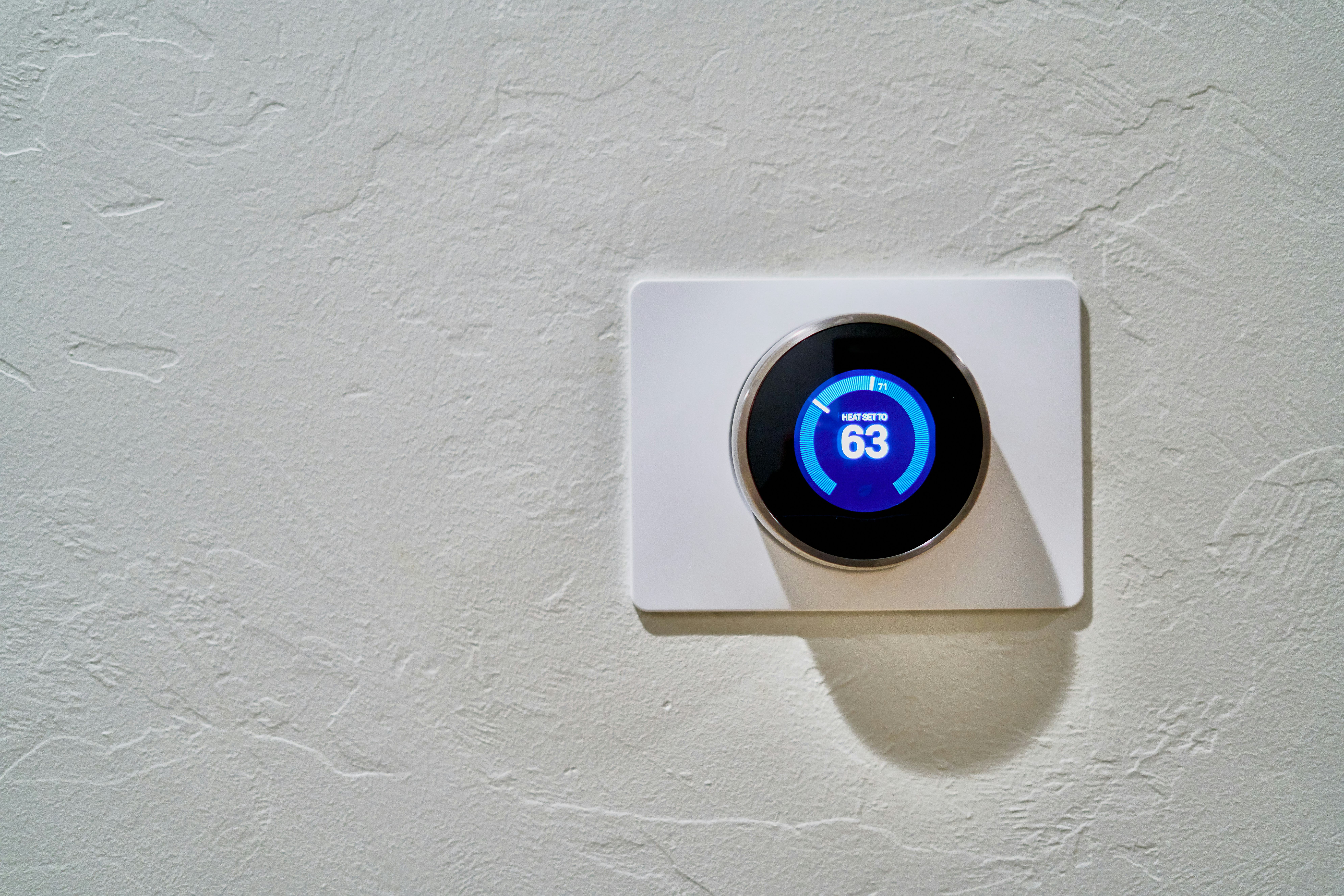Most homes and businesses in the United States have air conditioning. AC units draw in air, remove the heat from the air, distribute cool air, and maintain low temperatures inside a designated space. Many homes have central heating, ventilation, and air conditioning (HVAC) systems operated by a thermostat. People who own buildings without a central HVAC unit may rely on window air conditioning units to keep the air cool.
AC units were invented in 1902, and in the 60s, air conditioning became common in households and a standard feature in more than 50% of all new cars by 1969. Today, almost 90% of homes in the United States have AC. AC units must be maintained, and there are several reasons why it’s essential to test your AC before summer.
It’s crucial to have a working AC unit.

When your air conditioning system isn’t operating correctly, the heat exchange system stops working, which prevents your AC unit from maintaining low temperatures. Prolonged exposure to high temperatures can lead to heat exhaustion. Symptoms include dizziness, fatigue, and vomiting. Without treatment, heat exhaustion can lead to heatstroke, which can cause brain damage or death.
Your AC unit can also distribute allergens throughout your home if it isn’t maintained correctly. Testing your AC unit each spring will ensure your system can operate safely through the summer months.
Schools and events, such as theater performances, may be affected if the building’s active cooling system stops functioning. Whether you’re maintaining your home, the Metropolitan Opera, Kansas State University, an opera house, a high school, or a preschool, it’s important to check your system’s heat exchange and airflow throughout the school year to ensure your AC works properly when you need it.
Checking your AC system before summer increases the likelihood your system will run smoothly through the hottest months of the year. With a functioning AC system, you can avoid heat-related illnesses, and you can also decrease the chances you’ll have to pay for emergency repairs or a new system if your unit breaks down.
Testing AC in buildings.

Structures with a central HVAC system have ducts leading to the vents. Hold a piece of tissue paper in front of each vent. The paper will be blown away from supply vents and pulled to the intake vents. Turn your AC unit on, and wait ten minutes before checking every vent to determine if it is taking in or expelling air properly. Use a thermometer to check the air temperature at all ducts. Air at the supply vents should be 20°F cooler than air at the intake vents. The temperature difference will confirm that the cooling system is currently running correctly. If the air temperature doesn’t have a 20°F difference, your system may need to be serviced by an HVAC technician.
Testing AC in vehicles.
It’s a good idea to run your AC briefly during the winter months and test the system each spring. Turn on your AC, and wait to see if it begins to cool the air properly. You should hear the compressor kick in when you activate the AC. Ensure the vents are open. If the air in your car doesn’t cool down, you may need to clean your condenser or add refrigerant. Do a visual inspection to ensure the system hoses are intact. If this doesn’t resolve the issue, you may need to have a mechanic check your AC unit to identify the issue.
Routine HVAC maintenance.
Change your HVAC filters every 45 days, and have the air ducts cleaned regularly. When the air filters and ducts are clean, it’s easier for the HVAC system to distribute air throughout the building, which will prevent strain on your HVAC system and help keep with electricity cost maintenance. Removing potential obstructions in the filter or ducts will help air circulate properly and reduce the risk of your HVAC system distributing allergens. Routine maintenance can also prevent you from needing to install a new cooling system prematurely.
Drain lines, coils, and condensers should be cleaned every spring. Inspect belts and pulleys to ensure they’re in good condition. You can also opt to have an HVAC technician service your AC system every spring and perform routine maintenance to ensure your system is ready for summer.
Turning on your thermostat and testing your AC unit is a practice Samuel Ramey would recommend to ensure your home remains cool and comfortable all summer long. A working air conditioning unit can prevent serious health issues, and you can reduce allergens and pollutants in your home with a properly maintained AC unit. Finally, you can avoid incurring the cost of emergency AC repairs by decreasing the chances of a breakdown during the summer months.





